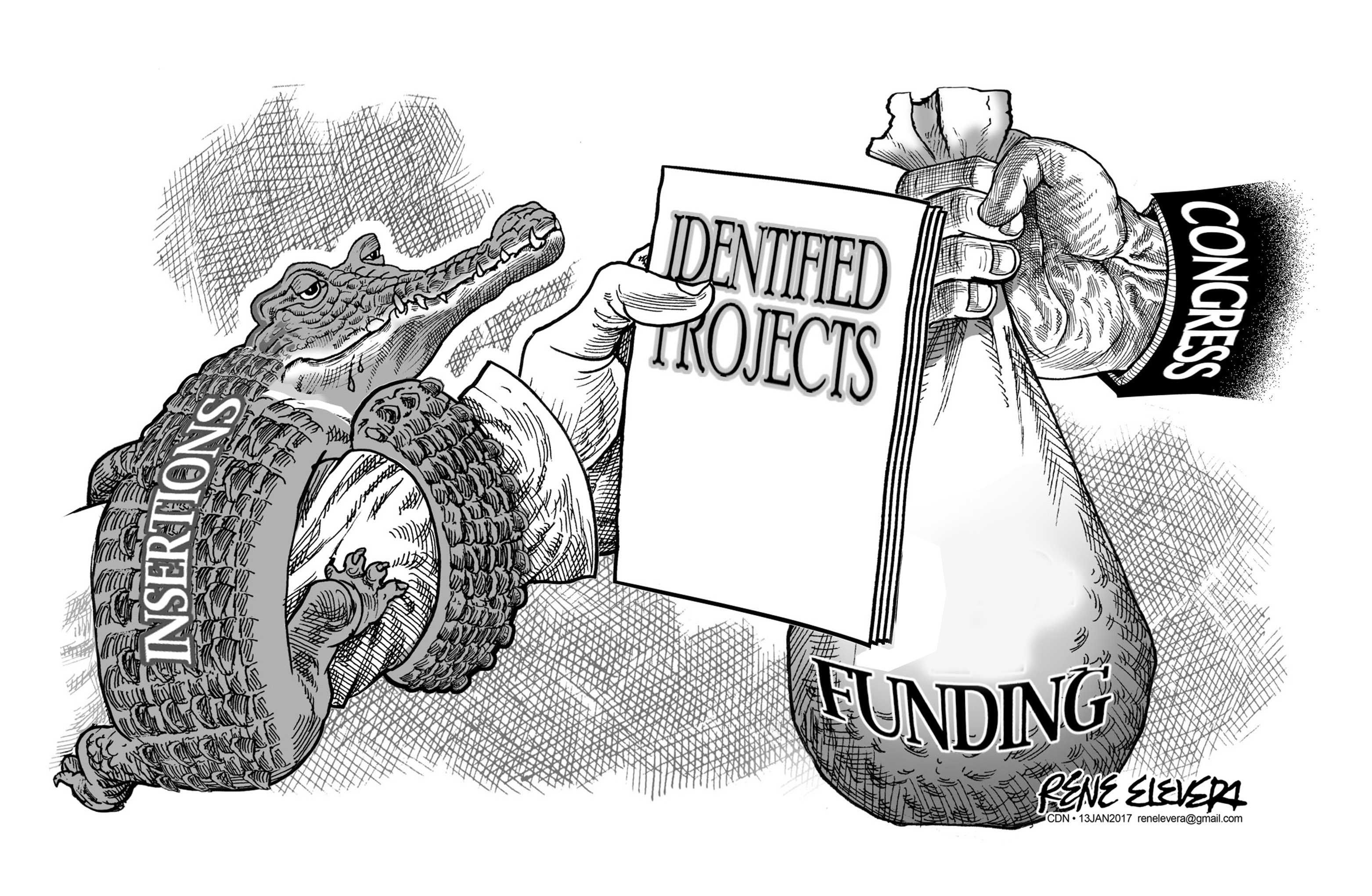
Senate President Aquilino Pimentel III’s position that there is nothing wrong about legislators being able to identify projects to be funded by government is merely a recognition of their influence which shows no signs of waning despite a Supreme Court ruling on the Disbursement Acceleration Program (DAP).
His assertion came amid Sen. Panfilo Lacson’s disclosure that senators were asked to submit a list of projects worth P300 million each for inclusion in the national budget.
Lacson said this runs counter to the 2013 High Tribunal ruling that declared the pork barrel system as unconstitutional. Not so, Pimentel said, so long as the lawmakers don’t interfere in the implementation of the projects.
Still, the identification of projects allows senators and even congressmen the leeway and elbow room to dictate on agencies like the Department of
Public Works and Highways (DPWH) what should be prioritized in their respective political turfs, a situation their critics and political opponents find difficult and untenable.
One need only cite the example of then Cebu City south district congressman Tomas Osmeña, whose lobbying for funding of flyover projects was opposed by then mayor Michael Rama, who was then insistent on road widening and the rehabilitation of the Cebu City Medical Center as priorities.
Then again, there is the case of Sen. Franklin Drilon, who acted as “godfather” to Iloilo officials in shepherding the implementation and lobbying for funds for major projects such as the Iloilo River Esplanade, a riverside park that remains a model for urban renewal across the country.
Under the existing political setup, legislators act as lobbyists for local governments for funding of their projects which need more funds aside from the Internal Revenue Allotment (IRA).
With government funds being limited, and borrowing from financial institutions an economic reality, legislators should ideally be with local officials in raising their concerns to the Palace.
Still, Lacson’s concern remains valid when one considers that P10 billion worth of funds were wasted on ghost projects such as bridges “that lead to nowhere.”
In justifying his recent submission of P300 million worth of projects for funding, Drilon said the corruption comes when there are insertions to the budget after it had already been submitted for approval or had been approved already.
Anti-graft watchdogs may want to debate his point; and there should be checks to ensure that last-minute insertions, influence peddling and other irregularities are avoided.
Lobbying is a political reality that occurs in other countries, and while people may find it disagreeable and suspicious, it is needed if only to raise attention to local governments that need funding support for their programs.